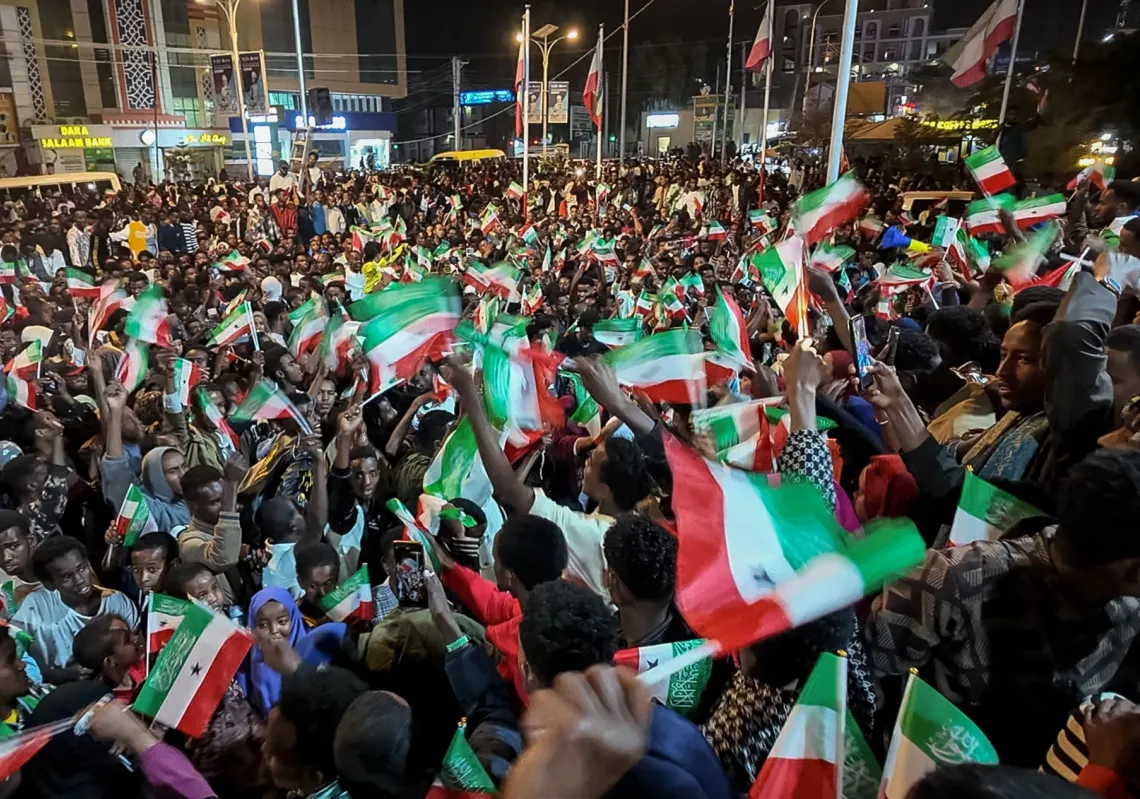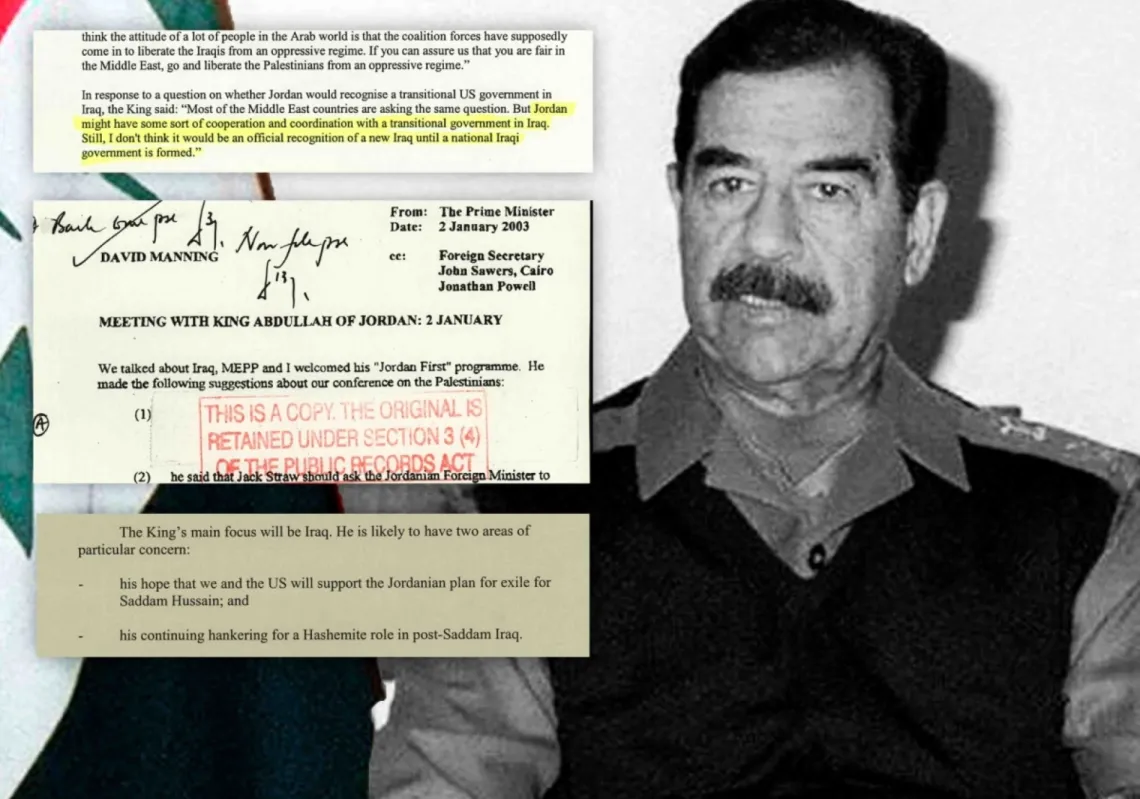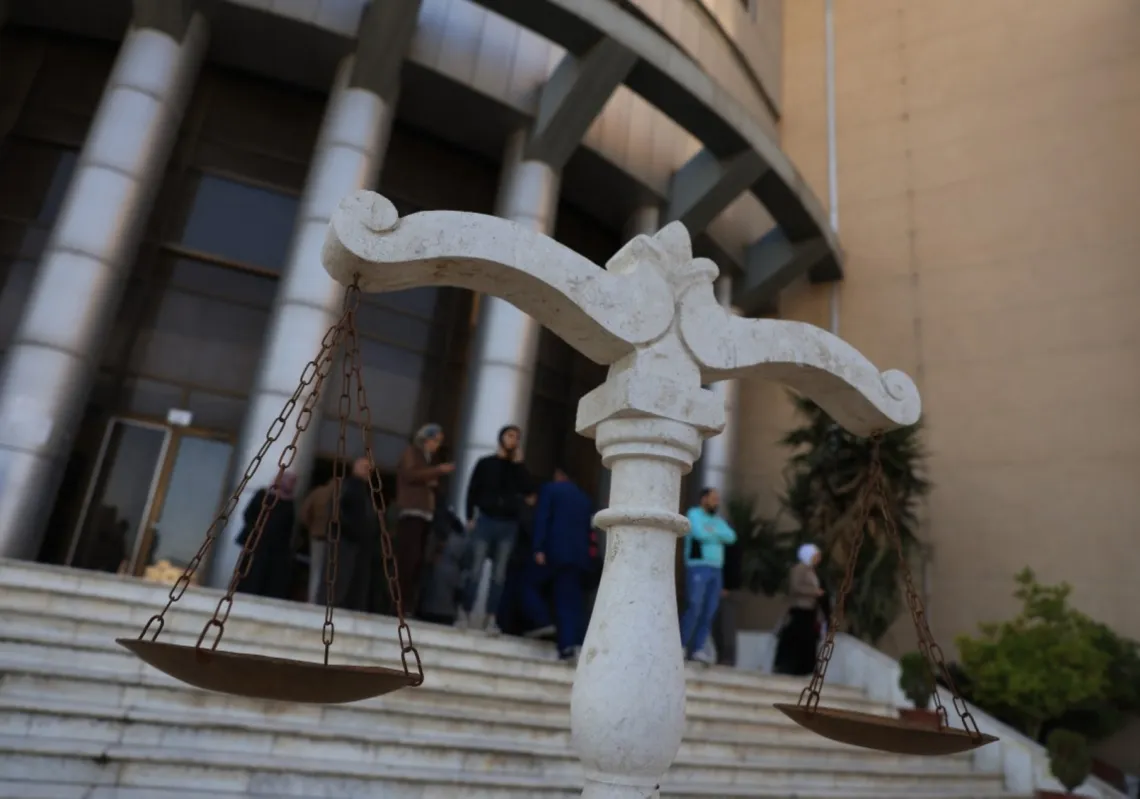Though the liquidity crisis experienced by the global economy has become a hackneyed subject due to more than a year’s worth of intense punditry, investors are still eager to find low-risk investments in order to weather a seemingly endless storm. Furthermore, the savvy investor remains interested in opportunities with higher rewards and it seems that in the face of considerable outside turmoil, Lebanon has situated itself as an interesting place for speculation, particularly in the financial services sector. The media has publicized the foresight of Riad Salameh, the Governor of the Central Bank of Lebanon, and Lebanese banks have become increasingly popular destinations for equity investment and cash deposits, particularly those of expatriates. Nevertheless, the clairvoyance of Mr. Salameh may be successful only in times of crisis. The capacity for Lebanese banks to grow further as the global economy restarts remains to be seen.
Riad Salameh has been hailed as one of the few central bankers to properly prepare his economy for the impending liquidity crisis. Speaking to BBC News, he explained, “I saw the crisis coming and I told the commercial banks in 2007 to get out of all international investments related to international markets.” In addition, he restricted these banks from participating in any collateralized debt obligations, forced the consolidation of the Lebanese banking industry, and mandated that any locally headquartered bank must carry 30% of its assets in cash reserves. One year later, as the world’s largest banks were forced to accept government cash injections in order maintain the solvency necessary for day-to-day operations, Lebanese banks such as Bank Audi, BLOM Bank, and Byblos Bank had high liquidity. The relative performance of these banks catalyzed significant deposit inflows, much of which came from Lebanese citizens living abroad who saw these banks as relative safe havens. According to the Economist Intelligence Unit (EIU), after the first half of 2009, private sector deposits were up 16.9% against the same time in 2008 and there has been an increase in the proportion of Lebanese pound deposits versus US Dollar deposits as investors sought to take advantage of the 7% deposit rate of the national currency. All these criteria have led the big three Lebanese banks to report significant profit gains of 1.9%, 5.8%, and 2.0% respectively. In addition, as of 10 November 2009, the share prices of Bank Audi and BLOM Bank have risen 72% and 31% respectively.
In the short term, Lebanon may seem like a safe alternative destination for savings deposits and an intriguing equity solution to an otherwise dangerous sector. However, the outlook for these banks will probably not include sustainable growth. Lebanon is forced by its political situation to have an engaged and conservative central bank in order to ensure the safety of the banking system. When the financial markets stabilize and the appetite for risk increases, Lebanese banks will be impeded by the policies instituted by Mr. Salameh. The BBC has quoted him as saying, “The system we created has been tested against wars, against instability, against political assassinations. And our sector would be much more developed if Lebanon did not have political and security risks, but it has also induced us to have a conservative reflex because we were always getting ready for the worst case scenario.” This dogma is perfect for weathering a multi-national economic crisis but it does not lend itself to growth in the industry. Mr. Salameh’s policies can be seen as a necessary course action due to constant pressure from non-economic forces; yet, the good fortune bestowed upon Lebanon’s banks may not last another year.
Makram Sader, Secretary General of the Association of Banks in Lebanon, remains sceptical of the industry’s capacity to sustain its current performance. Currently, Lebanese commercial banks have been posting spectacular results despite the lack of a government in Beirut. Speaking to the Lebanese newspaper the Daily Star at the beginning of November, Mr. Sader said, “It is wrong to assume, as people think, that the economy and banks will continue to prosper without the need of a government. Investors will not be encouraged to make a commitment if there is no government in the country.” Mr. Sader brings up the most important aspect of investment in Lebanese banks: despite the possibilities of consolidation, there is a very real limit to the advancement of Bank Audi, BLOM Bank, and Byblos Bank and without a significant change in the political and social problems of Lebanon, the unsystematic risk will always be viewed as too high to attract the necessary foreign investment. Furthermore, the inability of these banks to invest their own cash reserves into the advancement of the Lebanese economy creates a vicious form of stagnation that will only be exacerbated once the effects of the liquidity crisis peter out and other financial institutions regain liquidity.
While the policies instituted by Riad Salameh have allowed the Lebanese banking industry to sidestep the pitfalls of the current liquidity crisis in financial services, it seems as though this good fortune is not sustainable. In the face of economic recovery, Lebanon will be forced to maintain a banking policy of intense conservatism in order to counter security concerns and as global banks revel in recovery, the deposits, which allowed Bank Audi, BLOM Bank, and Byblos Bank to experience prosperity in 2008 and 2009, will return overseas due to diminished domestic savings rates. Only political stability will allow the Lebanese banking system to capitalize upon their current liquidity and invest their enormous cash reserves in the future of the Lebanese economy. Until then, Lebanese financials will be smart investments, but only in times of global economic distress.
Joshua Mellen – London based researcher, formerly of Goldman Sachs, specialising in global equity and emerging markets.








